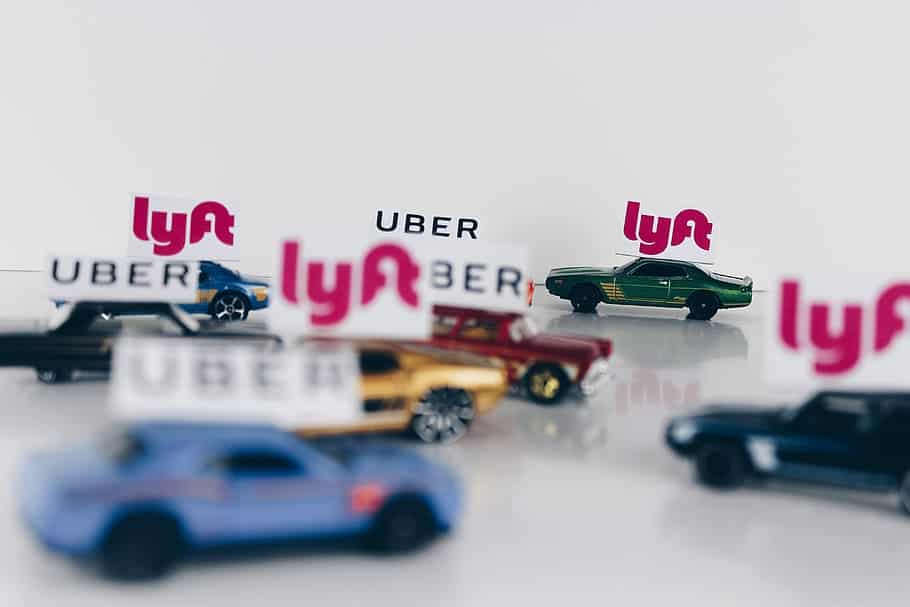
Alexandra Butler is a student at Harvard Law School.
This morning, the Bureau of Labor Statistics released its monthly jobs report for March. According to the report, the unemployment rate is now at 4.4%, 0.9% higher than last month’s. In addition, 701,000 nonfarm jobs were lost in March, yet as the report and others note, this number does not fully encapsulate the economic downturn in the last couple of weeks.
As the pandemic continues to grip both the nation and the world, those outside of the “traditional” economy may face inconsistency between what the CARES Act, the coronavirus relief package, provides and what happens in practice. As unemployment numbers have skyrocketed to 7.1 million, the Washington Post reported that states lack the necessary infrastructure to provide speedy and responsive relief to those gig workers who have applied under the new program. This systemic failure has resulted in states requesting these workers to delay their applications, leaving individuals uncertain as to when aid will be available. And while the Paycheck Protection Program provides small businesses with loans that can help to maintain payrolls, a delayed application time for independent contractors and self-employed individuals has the potential, as the Associated Press notes, to bar access to the somewhat limited funds, as larger corporations are also able to seek relief under this provision.
As retail stores remain closed to stop the spread of the virus, nearly 1 in 16 retail employees have been furloughed this week, leaving them at home with no wages. Yet, the need to mitigate infection has had varying impacts on employees around the nation. For workers at nuclear power plants, the pandemic has allowed for up to 86 hour work weeks, adding an additional 14 more hours to a worker’s time spent on the job. Such a change is subject to the discretion of the Nuclear Regulatory Commission, but would mean that workers, assigned to one of two rotations, could have 12 hour shifts for 14 days in a row. This scheme is a result of staffing requirements at nuclear power plants, with one industry expert noting that it “could minimize exposures and risks of infection among workers.”
Worker attempts to unionize at Trader Joe’s are being met with resistance. Trader Joe’s has responded to employee hazard pay demands with attempts to dissuade unionization, providing warnings such as: “a union is a business and they’re trying to take your money.” While its anti-union message is strong, the store has refused to require employees to wear gloves, instead leaving the decision to store-level management. In some locations, this has resulted in a refusal to allow such protective gear.
Over the past couple of days, many have highlighted the extent to which coronavirus has exacerbated existing problems in our workforce, specifically with respect to race, as Maxwell noted yesterday, immigration and gender. The Economic Policy Institute released a study revealing that women are more prevalent in the sectors that are both high in demand – health care and social assistance – and low in demand – leisure and hospitality – during the pandemic. Noting that these sectors suffer from a gender wage gap, the study highlights the unequal burden that women workers carry during this time.






Daily News & Commentary
Start your day with our roundup of the latest labor developments. See all
March 3
In today’s news and commentary, Texas dismantles their contracting program for minorities, NextEra settles an ERISA lawsuit, and Chipotle beats an age discrimination suit. Texas Acting Comptroller Kelly Hancock is being sued in state court for allegedly unlawfully dismantling the Historically Underutilized Business (HUB) program, a 1990s initiative signed by former Governor George W. Bush […]
March 2
Block lays off over 4,000 workers; H-1B fee data is revealed.
March 1
The NLRB officially rescinds the Biden-era standard for determining joint-employer status; the DOL proposes a rule that would rescind the Biden-era standard for determining independent contractor status; and Walmart pays $100 million for deceiving delivery drivers regarding wages and tips.
February 27
The Ninth Circuit allows Trump to dismantle certain government unions based on national security concerns; and the DOL set to focus enforcement on firms with “outsized market power.”
February 26
Workplace AI regulations proposed in Michigan; en banc D.C. Circuit hears oral argument in CFPB case; white police officers sue Philadelphia over DEI policy.
February 25
OSHA workplace inspections significantly drop in 2025; the Court denies a petition for certiorari to review a Minnesota law banning mandatory anti-union meetings at work; and the Court declines two petitions to determine whether Air Force service members should receive backpay as a result of religious challenges to the now-revoked COVID-19 vaccine mandate.